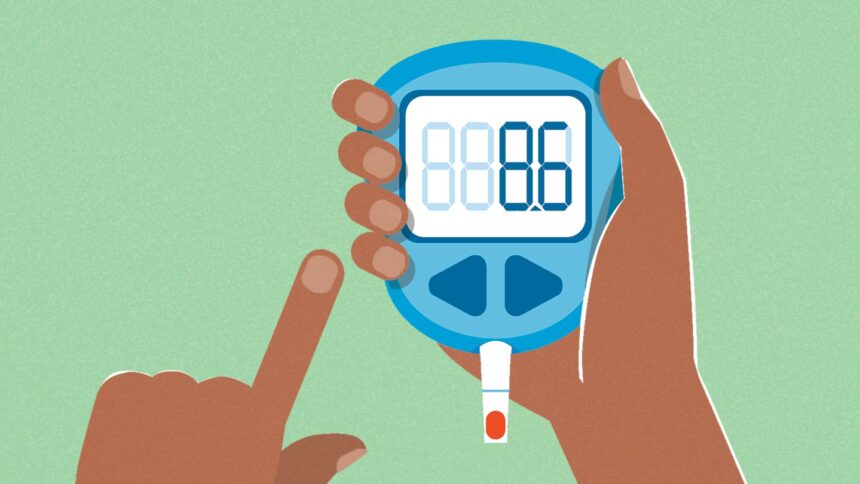According to new research by the British Medical Journal, daily consumption of vitamin D supplements may not be beneficial for preventing the onset of type 2 diabetes.
The study uncovered no clinically significant effect among high-risk adults. It consisted of a double-blinded, randomized, placebo-controlled trial. involving 1,256 participants aged 30 and over from Japan.
“Treatment with eldecalcitol, an active vitamin D analogue, at a dose of 0.75 µg per day did not significantly reduce the incidence of diabetes and failed to increase the rate of regression to normoglycaemia compared with placebo among patients with impaired glucose tolerance who were at high risk for type 2 diabetes,” the study’s authors explained in their report.
“Although our study suggested the potential for a beneficial effect of active vitamin D treatment on the prevention of type 2 diabetes after adjustment for confounding factors, this finding should be replicated in further populations before its significance for public health can be fully appreciated.”
What the authors concluded: “Further research, such as an appropriately randomised study focused on pre-diabetic patients with insufficient basal insulin secretion or a meta-analysis including the results of this study, would be needed to determine whether vitamin D and/or active vitamin D is beneficial to people with pre-diabetes.”


